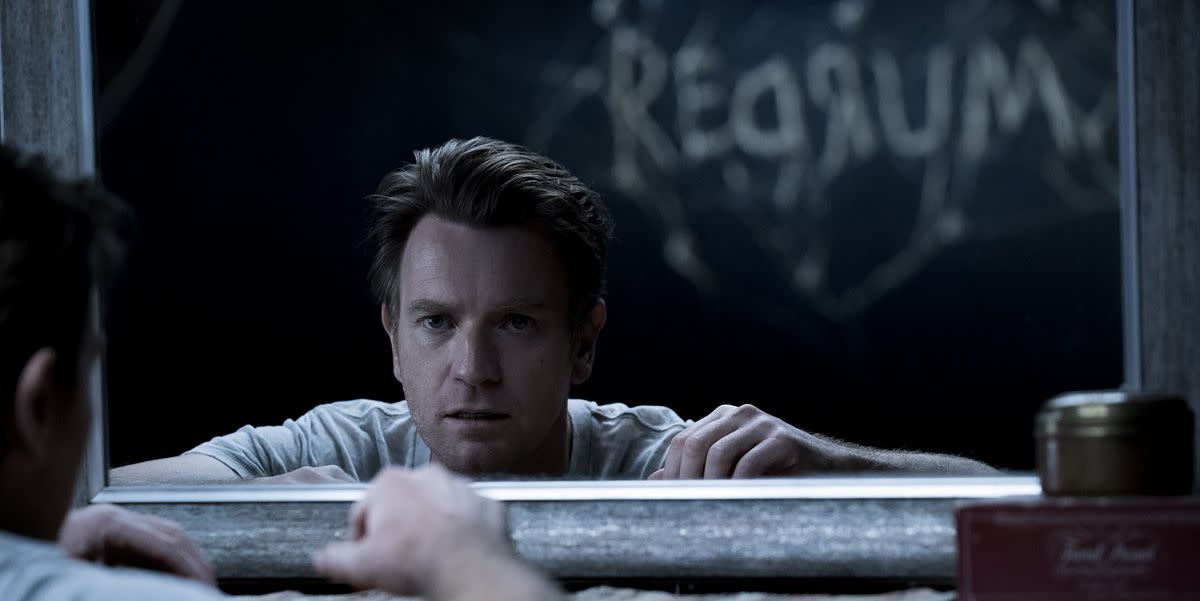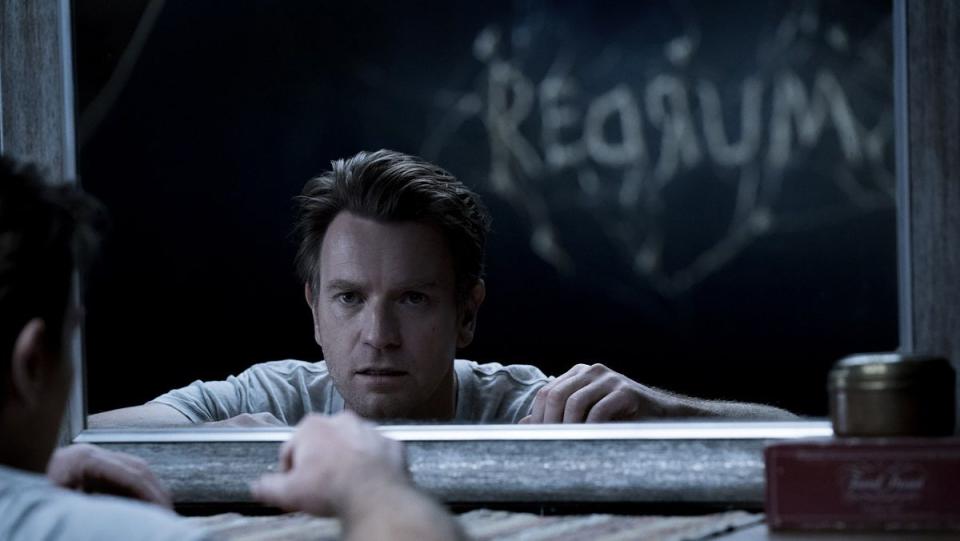The Making of 'Doctor Sleep' Had Its Fair Share of Stephen King-Stanley Kubrick Drama

The creative antagonism between Stephen King and Stanley Kubrick has long been known. The film version of King's famous novel, The Shining, which Kubrick directed, goes out of its way to alter, ignore, and fully shit upon many of the central mechanics of its source material. Tony, for instance, the "imaginary friend" that represents Danny Torrance's telepathic powers, is described elegantly in King's novel, represented by a mysterious far-away man that Danny can see in his visions and dreams. In Kubrick's film, Tony is a dumbass 1920s gangster voice that Danny vocalizes while wagging his finger around.
Of course, the most outright bizarre change Kubrick made to King's book is, for some reason, changing of Room 217 to Room 237. Conspiracy theorists and fake moon landing nutjobs will tell you there's some higher significance there, but to me, it just shows how little Kubrick gave a shit about being faithful to King's creative vision for the story.

That contentious relationship between author and filmmaker goes in the other direction, too, as King famously hates Kubrick's film. In a 2006 interview King did with the Paris Review, he said that in Kubrick's film, there is "No sense of emotional investment in the family whatsoever." And about the Nicholson character, he said "The guy is crazy. So where is the tragedy if the guy shows up for his job interview and he's already bonkers? No, I hated what Kubrick did with that." King even self-produced a TV movie to show his vision for a straight adaptation of his book (it turned out very mediocre and forgettable).
When King published a sequel to The Shining in 2013 called Doctor Sleep, it shouldn't have come as a surprise that the prolific author fully ignored the changes Kubrick had made to the story of the Torrance Family's saga. His novel acted as if the film never happened, and after it was announced that House on Haunted Hill director Mike Flanagan would be adapting Doctor Sleep for the screen, it seemed natural to assume it would also ignore Kubrick's version.
In a new interview with Enterainment Weekly, writer/director Flanagan confirms that, somehow, Doctor Sleep is a sequel to both Kubrick's The Shining and King's novel. He also says that, apparently, it took some serious convincing to get Stephen King on board with that concept. The Hill House and Gerald's Game director told EW:
The big conversation that we had to have was about whether or not we could still do a faithful adaptation of the novel as King had laid it out while inhabiting the universe that Kubrick had created. And that was a conversation that we had to have with Stephen King, to kick the whole thing off, and if that conversation hadn’t gone the way it went, we wouldn’t have done the film. Stephen King’s opinions about the Kubrick adaptation are famous, and complicated, and complicated to the point where, if you’ve read [Doctor Sleep], you know that he actively and intentionally ignored everything that Kubrick had changed about his novel, and kind of defiantly said, ‘Nope, this completely exists outside the Kubrick universe.’ We really needed to try to bring those worlds back together again. We had to go to King and explain how… and in particular how to get into the vision of the Overlook that Kubrick had created. And our pitches to Stephen went over surprisingly well, and we came out of the conversation with not only his blessing to do what we ended up doing, but his encouragement.
It seems Flanagan's idea of bridging the gap between these two opposing creators was a central force behind the conception of the Doctor Sleep film. "That was always the hope going in, [that] if there was some universe in which Stephen King and the Stanley estate could both love this movie, that is the dream. Threading that needle has been the source of every ulcer we’ve had for the last two years, ” he told EW.
It'll be a miracle if Flanagan and his creative team are able to pull off this varsity-level balancing act, especially since the changes Kubrick made to the King novel are unavoidably gigantic. For instance, (spoilers ahead) the King novel concludes with the Jack Torrance (played by Nicholson), bashing his own face in to rid himself of his demon possession. Then, the boiler in the basement explodes, completely obliterating the Overlook Hotel. I cannot imagine how the film will be able to comfortably reconcile creative differences that vast, but hey, that's Flanagan's problem, not ours.
Doctor Sleep is out on November 8 2020. Until then, I'll be receding into a trance-like state, staring off into a blank wall for hours on end as spooky drone music plays in the background like this:
('You Might Also Like',)

